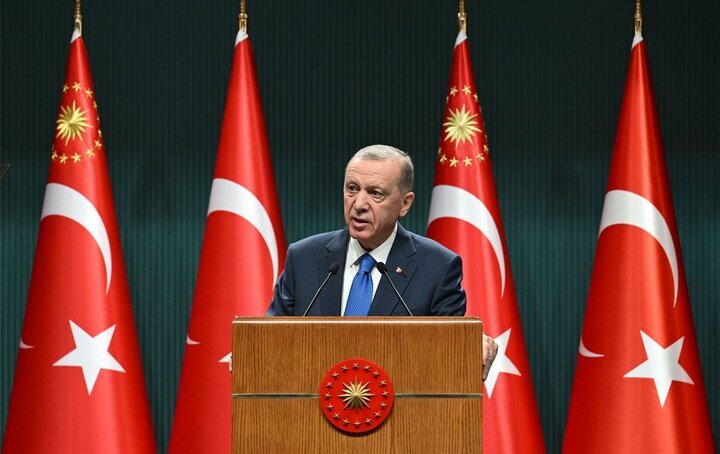Is al-Julani imitating Erdogan’s experience?

BEIRUT - Recep Tayyib Erdogan’s political experience was based on not clashing with the Turkish deep state, but rather focusing on strengthening his popular legitimacy, as his Islamic Justice and Development Party has ruled Turkey, a secular country, since 2002. First, the imperialist Western media outlets presented Turkey as a model of moderate Islam.
Following Operation Al-Aqsa Flood, talk about the “Greater Middle East Initiative”, first proposed by President George W. Bush in 2004, was renewed after Operation Al-Aqsa Flood and especially after the armed factions took over Syria on December 8.
A year ago, Netanyahu stood before the UN General Assembly with a map depicting the “New Middle East”. But instead of a new regional order, the past year has witnessed the devastating US-backed Israeli genocidal wars in the region.
Meanwhile, it seems that al-Julani, Syria’s de facto ruler, is emulating Erdogan’s experience by promoting a positive atmosphere – internally and externally – in order to establish the pillars of his rule, especially with a focus on public services and the rights of “minorities”.
Obviously, al-Julani’s major challenge is the extent to which he can balance the interests of Syria's “Islamic movement” with its domestic and external interests.
In return, the imperialist West will seek to liquidate the Palestinian cause forever in the Syrian conscience, and then point the finger at Hezbollah for supporting Bashar al-Assad’s government during the years of the so-called bloody “Arab Spring”.
Thus, the ground will be very suitable to normalize relations between Tel Aviv and Damascus in coordination and direct cooperation with the Persian Gulf monarchies and Erdogan, who has become the real shadow ruler in Syria.
No one forgets how Erdogan and his former Prime Minister Ahmet Davutoglu worked hard, between 2011 and 2015, to convince the Syrian Kurds to rebel against former President Bashar al-Assad.
According to many Turkish analysts, direct Turkish intervention in Syria since the beginning of the crisis was not and will not be in the country’s interest. It has become clear that this intervention will create problems for Turkey’s security and stability and perhaps even its sovereignty and independence.
Major General Hossein Salami, Commander-in-Chief of the Islamic Revolutionary Guard Corps, has stressed that Iran “did not go to Syria to annex its lands… but to defend the dignity of Muslims.” Salami has pointed out that the foreign powers that are igniting the fire in Syria “are seeking like wolves to divide it so that the Zionists occupy its south, another force occupies its north, and another occupies its east, while the Syrian people, in the midst of all this, are lost and alone in the face of an uncertain future.”
As every nation has its own geopolitical tactics – which recent years have proven that Erdogan was and still is ignoring – the neo-Ottoman Sultan must learn from the unique Iranian experience in Syria, otherwise he will not be lucky in facing all the challenges abroad and at home, as acknowledged by Turkish Parliament Speaker Numan Kurtulmus, who had previously said: “Our policy in Syria was wrong from the beginning and the result is before us.”
